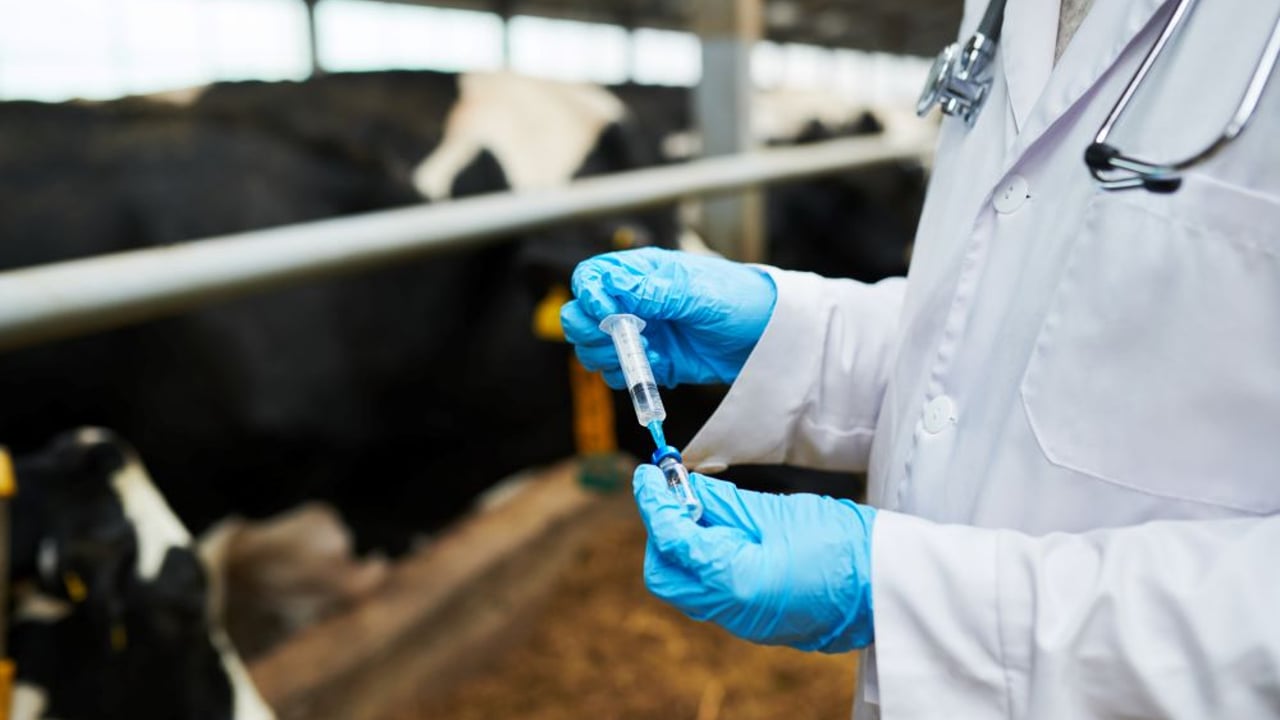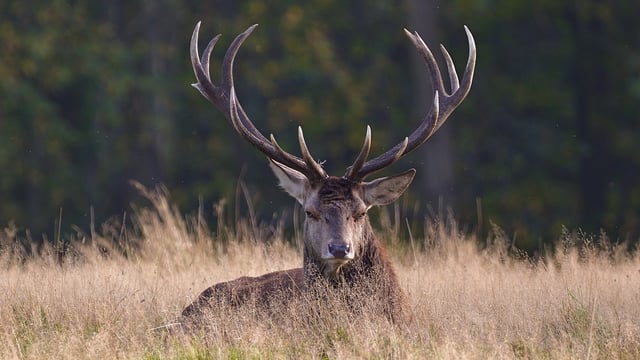Current animal vaccine shortage being 'actively' addressed
Irish Farmers' Association (IFA) Animal Health Committee chair, T J Maher, has confirmed that there is currently an animal vaccine shortage in many parts of the country.
“It is an issue that we are actively addressing,” Maher told Agriland.
Maher is specifically attributing the tightened availability of clostridial vaccines to the increased number of blackleg cases confirmed on Irish farms this year.
“We will be meeting with representatives of the veterinary pharmaceutical sector on this issue as a matter of priority," he continued.
“IFA is aware that many international vaccine manufacturers have taken the decision to centralise their production operations. And this may be having an impact on supply levels in certain countries.
“New distribution arrangements introduced in the wake of Brexit may also be an issue, as is the fact that many vaccines have a relatively short shelf life.”
The IFA has acknowledged that demand for many vaccines in Ireland can be very seasonal in nature.
“However, Irish farmers must have access to the vaccines they need when required. And IFA will act to ensure that the needs of farmers here are fully recognised, where this important issue is concerned," Maher continued.
“Vaccines are the future. They act to maximise animal health levels while also reducing agriculture’s dependence on antibiotics and antimicrobials. The greater use of vaccines constitutes a key response from the livestock sector to the threat of antimicrobial resistance.
“We have already seen the tremendous impact made by vaccines within the pig industry. This can be replicated within the other livestock sectors," he added.
The farm organisation has stressed that an adequate vaccine supply is critically important in making this happen and such products must be made available to Irish farmers at competitive prices.
“Even the smallest degree of undersupply can lead to significant increases in product prices," Maher added.
“IFA will not stand for Irish farmers being treated as second class citizens in any sense.”
Meanwhile practising veterinary surgeons are urging farmers not to forget delivering the second shot of vaccine when it comes to protecting stock against blackleg.
The impact of the vaccine will only kick-in after the follow-up dose has been offered. This should take place four weeks after the first dose of the vaccine has been administered.
In addition to the threat of blackleg and other clostridial diseases, veterinary surgeons are reporting high levels of pneumonia within this year’s Irish calf crop.






